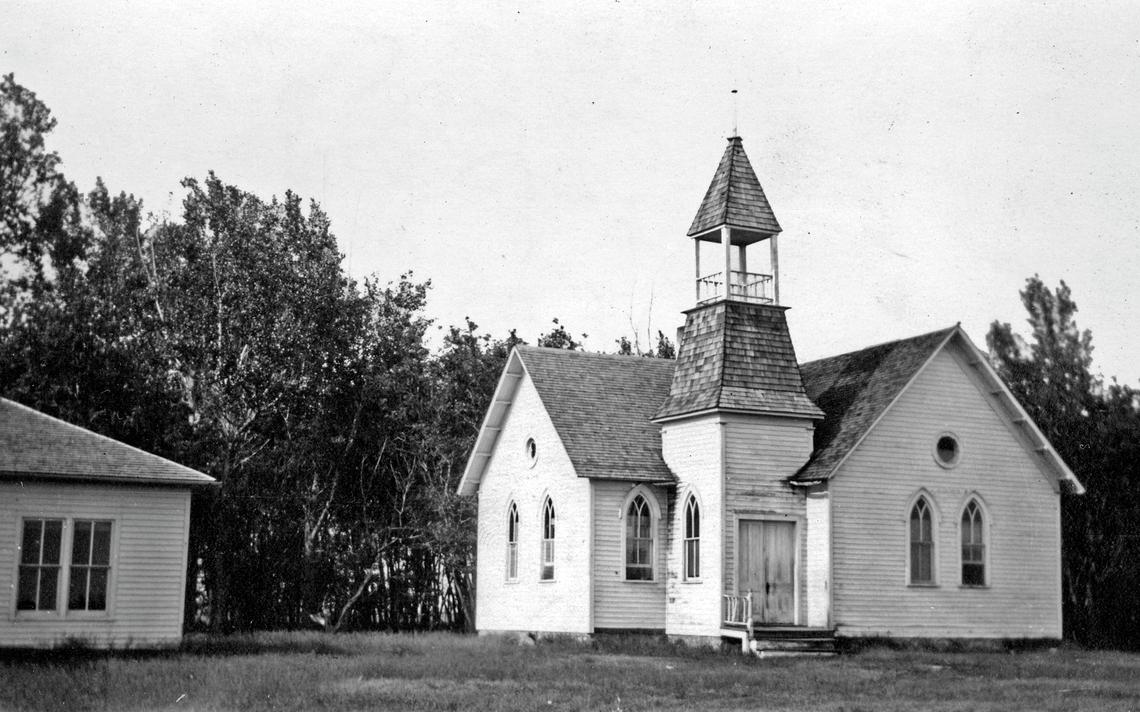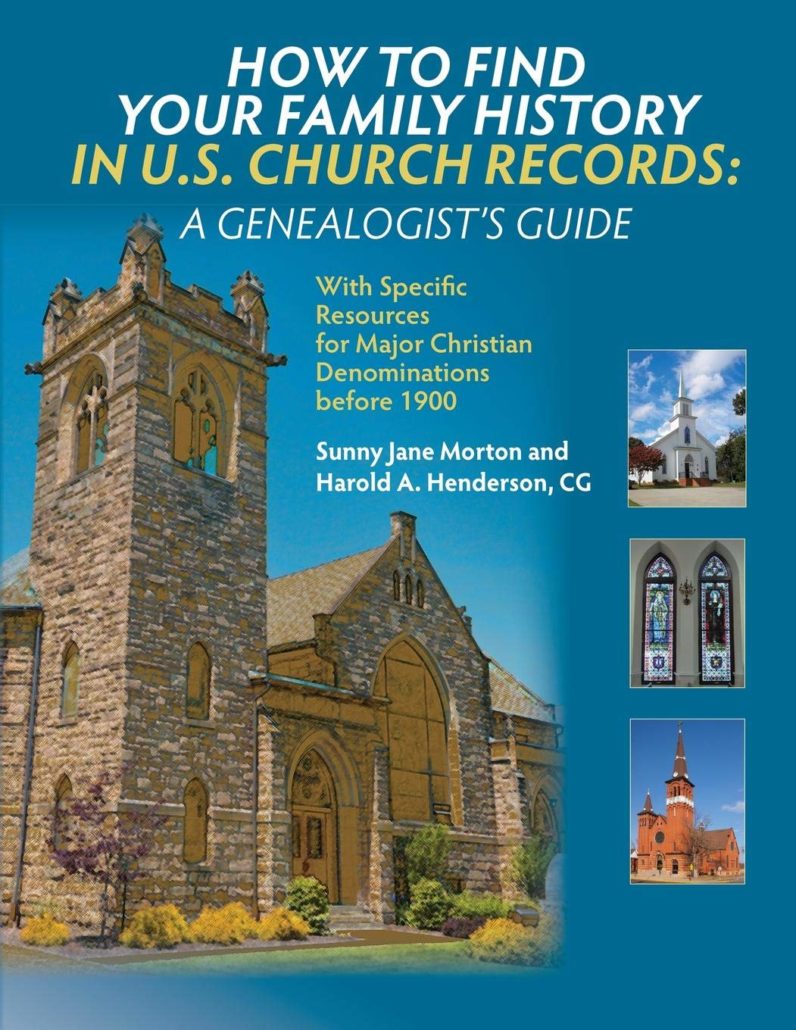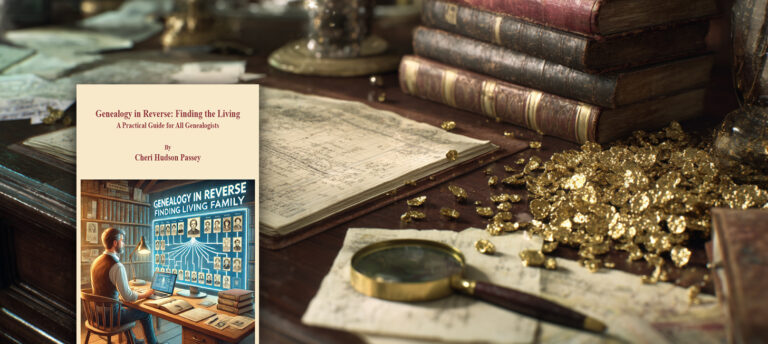
HOW TO IDENTIFY YOUR ANCESTOR’S CHURCH, by Sunny Jane Morton and Harold Henderson
Chapter Two of Morton and Henderson’s How to Find Your Family History in Church Records answers the question, “How can I use church records if I don’t know my ancestor’s denomination?” Given the wealth of information awaiting genealogists who delve into church records, this issue is fundamental to people who have hit a brick wall in their research. Below, we have excerpted the first two pages of Chapter Two to give readers a taste of how the experts uncover our forebears’ religious persuasions.
This chapter provides four approaches to locating ancestors’ churches. (If you already know the answer, you can skip this chapter-at least, until you need to ask it of another ancestor.) They are listed starting with the most direct, and likely most useful, approaches:
- Querying living relatives
- Consulting other genealogical information on the family
- Considering any migrations of which the family may have been a part
- Finding churches near family residences at a given time, using county histories, historical maps, and city directories
QUERYING LIVING RELATIVES
The most common source of knowledge on recent generations is the family itself. Some families have a history of attending the same parish for several generations. Other families may have diversified, but someone probably knows that great-grandma attended mass or was a lifelong Methodist.
You may have to ask this question of relatives you don’t know or don’t see frequently: second cousins, in-laws, great-aunts. In one case, the church was identified by cold-calling current residents of the ancestor’s hometown who shared the same unusual surname. Clues may lead in the right direction without telling all: a relative may recall only an Italian-language congregation, a “holy-roller” service, or a church near the elementary school.
So ask around the family:
- Did grandma or grandpa ever attend a specific church?
- Were they ever baptized? As a child or adult?
- Where was the church?
- Was anyone in the family married in a church or buried in a church cemetery?
- Did anyone join a different church from the rest of the family?
- Did any family members ever join the clergy /religious life?
- Did anyone attend a Sunday school or a church school?
Again, don’t limit inquiries to direct ancestors. Information about a sibling, cousin, aunt, or more distant relative may shed just the light you need to identify a family faith.
CONSULT OTHER GENEALOGICAL INFORMATION ON THE FAMILY
Documents associated with someone’s life may mention a church affiliation:
- A delayed birth certificate or military benefits application may cite (or include!) an infant baptismal record as evidence of birth.
- Obituaries often mention a church affiliation, a minister’s name, place of services, and place of burial-all useful clues to follow.
- Local or county histories may mention church affiliation in a biographical sketch of a relative. Skim the section on local churches for any familiar names.
- A government marriage record or newspaper marriage announcement should say who married the couple. Research that minister’s affiliation through his listing in a city directory, county minister’s license, biography in a county history, or similar sources.
- Other documents and artifacts-such as funeral programs, mass cards, insurance paperwork, death certificates, iconography on a tombstone, jewelry, devotional books, family letters, and more-may point to a family’s religion.
Continued . . . .
Recent Blog Posts




